What is buildings and contents insurance?
by Tim Duncan – Compliance Assurance Manager
Last reviewed 22nd January 2025 by the SunLife Content Team
5 min read
Wondering whether you need buildings and contents insurance? We explain what the two types of policies cover and why you might need them.
Types of home insurance explained
Your home is important. It's a haven, and the centre of the family. It's also chock-a-block with all that's special to you – all the memories you've collected over the years and saved hard to buy.
So surely that's worth protecting with buildings and contents insurance? Or home insurance as it's more commonly known.

You may wonder why you need home insurance – and may even begrudge paying for it. Until, that is, something goes wrong and you thank your lucky stars you had the foresight to cover yourself.
Here, we make sense of the two different types of cover that make up home insurance...
What are the different types of home insurance?
Buildings insurance
This covers the cost of repairing the actual structure of your home. That includes your walls, windows and roof. It also includes all the permanent fittings in your home like baths, toilets and fitted kitchens.
Contents insurance
This covers all the personal possessions in your home in case they're damaged or stolen. That includes your furniture, TVs, personal belongings. It even includes some types of flooring, including carpets.
Although you can insure your building and contents separately, people often choose to buy their buildings and contents insurance together. It keeps everything simple and can help to keep the cost down.
Who needs buildings insurance?
It’s essential to protect your home and any other property you own. Just imagine if it was destroyed through fire or flood.
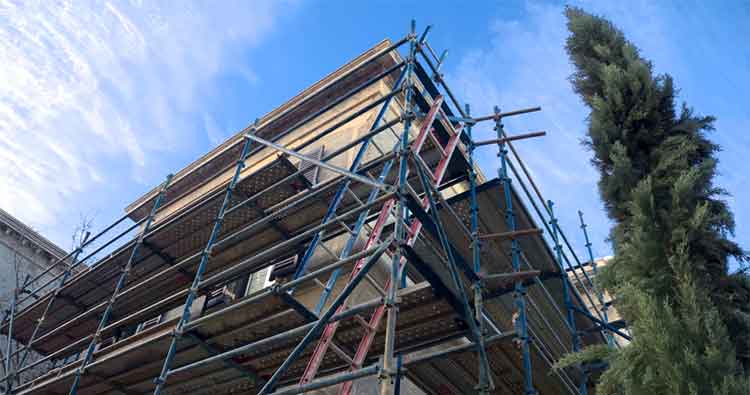
Most mortgage providers say you must have buildings insurance in place before they'll give you a mortgage. And the same applies if you're considering equity release. That way, if the worst should happen, they'd be able to recover their losses.
If you rent your home, buildings insurance will be the responsibility of your landlord.
Who needs contents insurance?
Whether you own a property or rent one, it's sensible to cover all your personal possessions. That's your furniture, carpets, curtains, electrical items, clothes and jewellery. Basically, everything that's not screwed down!
If you rent a furnished property, your landlord should have cover in place for the furniture. But you'll still need to cover your own possessions.
Unlike buildings insurance, it's up to you whether you take out contents insurance. But if you were burgled or had everything destroyed in a fire or flood, could you afford to replace everything?
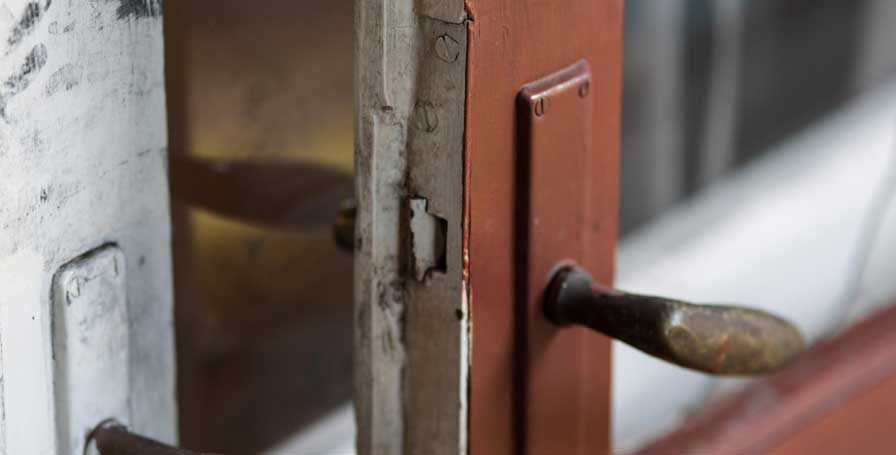
What does buildings insurance cover?
Buildings insurance covers the cost of either repairing or rebuilding your home if it's damaged.
Some policies also cover you for damage to outbuildings, garden walls and driveways. (But not all cover this, so it's worth checking.)
Although insurance policies vary, generally you can make a claim if your property is damaged by:
- Manmade causes like theft or vandalism
- Natural events like storms, fire or floods
- Falling trees
- Explosions
- Car and lorry collisions
- Water or oil leaking from pipes or the heating system
- Subsidence (where the ground shrinks under your building)
- Heave (where the ground expands under your building)
What does contents insurance cover?
If you could pick up your home and give it a good shake, your contents are all the things that would fall out. Basically, anything not physically attached to the building.
Contents insurance covers you if any of these possessions are lost, damaged or stolen. This generally includes:
- Clothing
- Furniture
- Jewellery
- Electrical goods
- Collections
- Cash within your home (normally up to a specified limit e.g. £500)
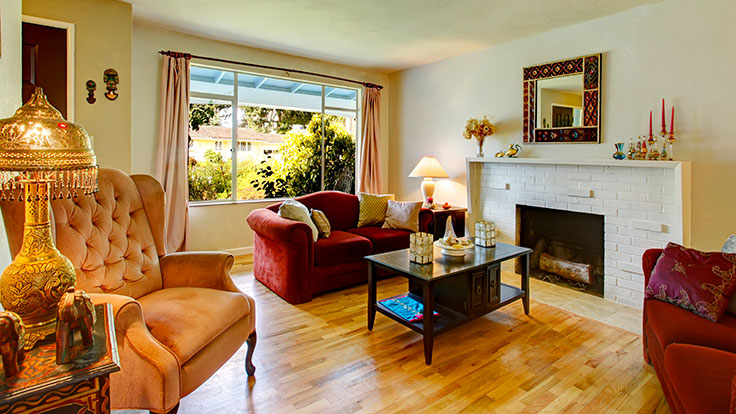
What isn't covered?
It's also important to know what your home insurance policy doesn’t cover. (These are sometimes called ‘exclusions’).
Common buildings insurance exclusions
You won't be covered for general wear and tear on your property. For example, you shouldn't expect your insurance to pay out for a roof that's reached the end of its life. Most insurance policies also won't cover you for damage caused by:
- Leaking gutters
- Some pests (for example, insects and birds)
- Frost (unless it causes damage from a burst pipe)
- Gates or fences damaged in storms
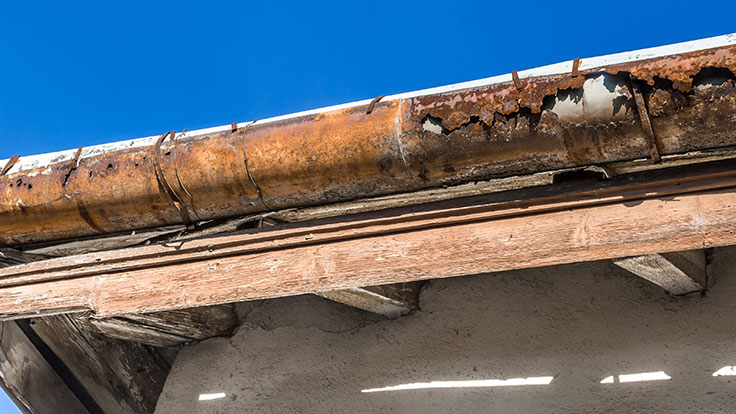
You also might not be covered if your home is left empty for more than 30 days. But if you let your insurer know in advance, they may be able to extend this.
Common contents insurance exclusions
There are several things that contents insurance won't cover. Like buildings insurance, general wear and tear doesn't count. You won't usually be covered for:
- The structure of your home, such as the walls and the roof
- Accidental damage, unless this is specified in your policy
- If you lose or have an item stolen a certain distance away from your property
- There is wilful damage
- Damage that has been caused by bad DIY
- Damage that is done to expensive art or antiques – usually such expensive items will be excluded unless they're covered as an additional extra
If you have valuables, the amount you can claim for these is normally restricted to a single item limit and to a total amount. If your valuables exceed the upper limit, it could be worth paying more to increase your cover.
How much does buildings and contents insurance cost?
The cost of buildings insurance is partly based on the rebuild value of the property. It's also based on whether you live in an area at risk of flooding.
Your contents insurance quote factors in:
- How much cover you need to protect all your possessions
- The crime stats for your postcode
- Your claims history
- Any optional extras you add on to your policy, such as accidental damage cover
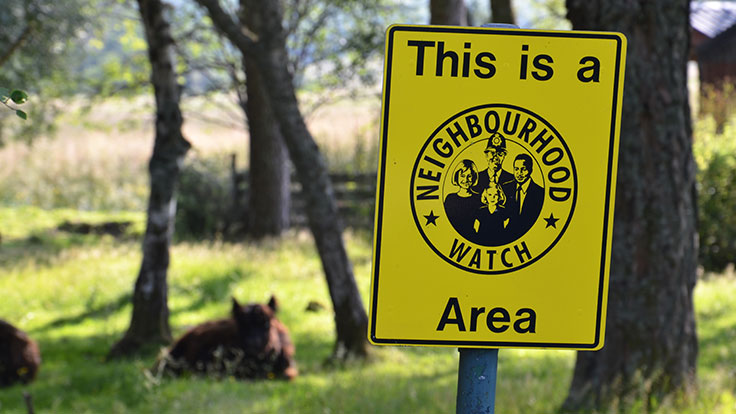
It's important to have enough cover to adequately protect your property. It's also important to make sure you're not paying for cover you don't need. Our article How much home insurance do I need? can help you work out what's right for you.
And remember, if you own your property, combining your buildings and contents cover with the same insurer could get you a better deal. It could also make life easier for you if you need to claim.
About SunLife
SunLife makes life easier for people over 50 by offering straightforward and affordable over 50s life insurance. We were the first UK company to give life insurance without a medical – something we're still proud to offer today.
The thoughts and opinions expressed in the page are those of the authors, intended to be informative, and do not necessarily reflect the official policy or position of SunLife. See our Terms of Use for more info.
